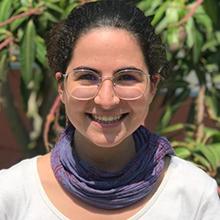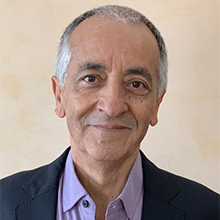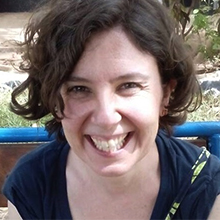Malaria Elimination
Our objective is to support evidence generation, translation into policy and training to advance the global malaria elimination effort, with direct application in the field
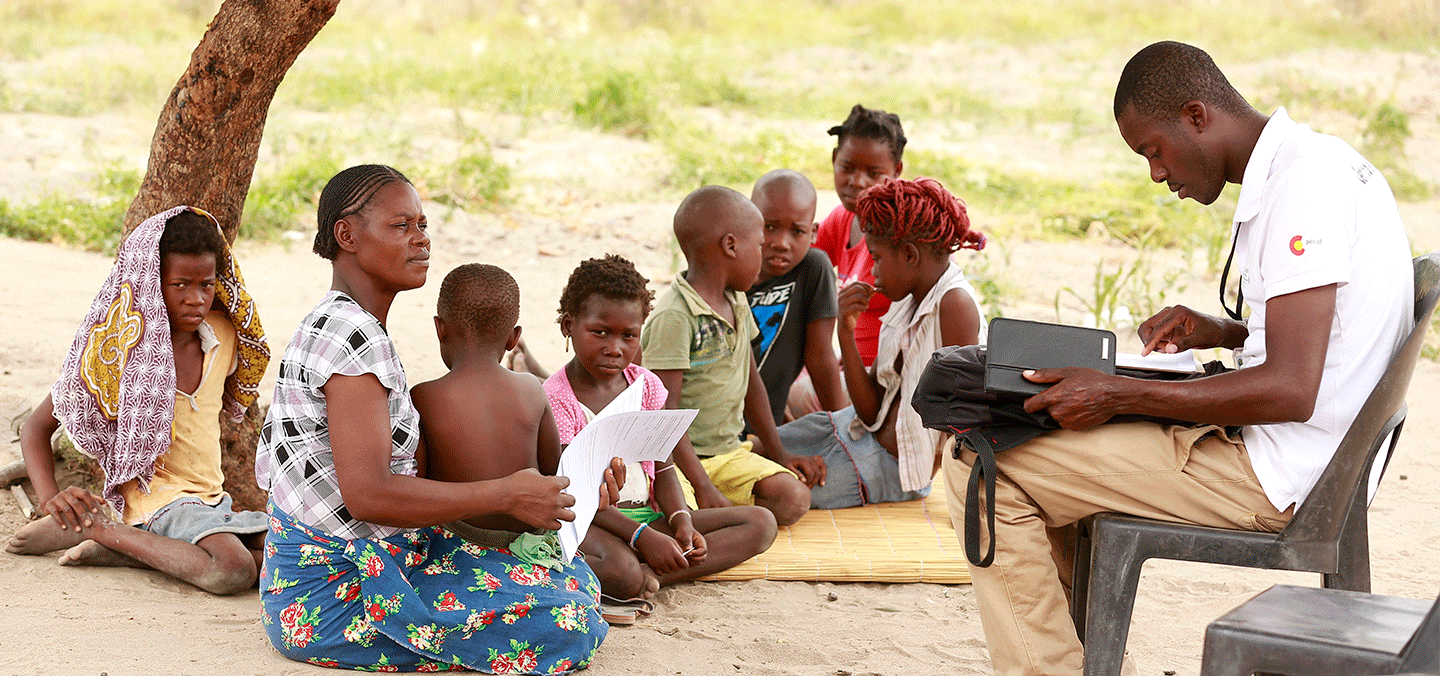
Malaria case incidence and mortality have considerably decreased since the turn of the century, but the pace of decline has stalled and even reversed in some regions since 2014. New tools and strategies are urgently needed.
Towards a malaria-free world
At a time when resistance to current drugs and insecticides to control the mosquito that transmits malaria is emerging, and we face the threat of resurgence where malaria is controlled but not eliminated, there is common agreement that the only sustainable solution is the elimination of the disease, as reflected in WHO’s global goals and strategies. Reestablishment of malaria eradication as a goal for the international community has led to important changes in the strategies adopted by endemic countries and in the research and development agendas of major scientific centres and their funders.
The Malaria Elimination Initiative reflects the Institute's commitment to this ambitious goal and its strategic decision to promote multi-layered interventions to achieve this end.
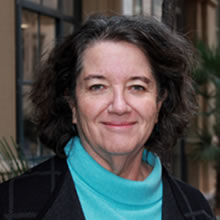
Malaria eradication is a long-term goal that will only be reached by implementing the best science and data-driven strategies. Despite the challenge, we should not renounce to what would be one of the major achievements in the history of public health
Regina Rabinovich, Director of the Malaria Elimination Initiative at ISGlobal and ExxonMobil Malaria Scholar in Residence at the Harvard T.H. Chan School of Public Health.
Research, training and translation
ISGlobal research teams, based in different countries around the world, generate knowledge and scientific evidence ranging from basic science to implementation science. Our activities include:
- Evaluation of tools to advance elimination, such as new antimalarials and ivermectin as complementary vector control tool against residual transmission.
- Development of strategies to interrupt disease transmission and eliminate the parasite from asymptomatic carriers, based on drug administration at the community level.
- Implementation of modern disease surveillance systems to guide malaria elimination interventions.
- Studies on how people acquire or lose immunity against malaria according to their exposure to the parasite or after administration of candidate malaria vaccines.
- Evaluation of the impact of drug and insecticide resistance in elimination strategies.
- Studies on the Plasmodium vivax parasite, most commonly found in non-African settings, from its most basic biology to its epidemiology and transmission patterns.
- Clinical trials for the treatment of malaria.
- Search for new drug delivery systems.
- Studies of the economic impact of malaria and elimination.
- Development of specific approaches to scale up malaria treatment and prevention programmes targeting pregnant women.
In addition, ISGlobal trains public health professionals and researchers who work on issues related to malaria elimination through the annual course of Science of Eradication: Malaria, orgnanised with Harvard University and the Swiss Tropical and Public Health Institute, and generates opportunities for knowledge sharing between the different stakeholders.
ISGlobal is a WHO Collaborating Center for Malaria control, elimination and eradication. It supports the WHO policy-making and guidance on malaria elimination and actively participates in the WHO Strategic Advisory Committee on Malaria Eradication.
Key facts
The initiative seeks to generate novel possibilities for action and impact, and establish collaborative agreements with academic institutions, international organizations and national governments to advance malaria elimination in different regions of the world.
Highlighted projects of the initiative:
MESA (Malaria Eliminaton Scientific Alliance): ISGlobal leads the Alliance and plays a role in the definition and follow up of the R&D agenda for malaria eradication (malERA and malERA Refresh). The Alliance is funded by the Bill & Melinda Gates Foundation.
BOHEMIA (Broad One Health Endectocide-based Malaria Intervention in Africa), a four-year project funded by Unitaid, will conduct a clinical trial in different ecological and epidemiological settings in east and southern Africa, specifically Tanzania and Mozambique. Ivermectin will be distributed in mass drug administration campaigns to humans and livestock in order to reduce mosquito populations that transmit malaria.
Related Impact Stories
Path to Zero: Guiding malaria elimination efforts in Mozambique and beyond.

Our Team
Initiative Director
-
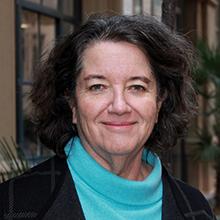 Regina Rabinovich Director of the Malaria Elimination Initiative
Regina Rabinovich Director of the Malaria Elimination Initiative
Initiative Coordinator
-
 Matiana González Coordinator of the Malaria Elimination Initiative
Matiana González Coordinator of the Malaria Elimination Initiative
Our Team
-
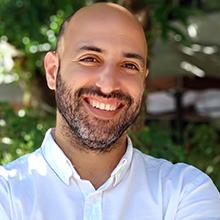 CARLOS CHACCOUR Assistant Research Professor. BOHEMIA Co-PI and Chief Scientific Officer
CARLOS CHACCOUR Assistant Research Professor. BOHEMIA Co-PI and Chief Scientific Officer -
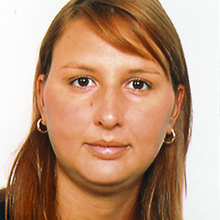 Carole Amroune Project Manager
Carole Amroune Project Manager -
 Quique Bassat Orellana General and Scientific Director
Quique Bassat Orellana General and Scientific Director -
 Alfred Cortés ICREA Research Professor
Alfred Cortés ICREA Research Professor -
 Carlota Dobaño Research Professor
Carlota Dobaño Research Professor -
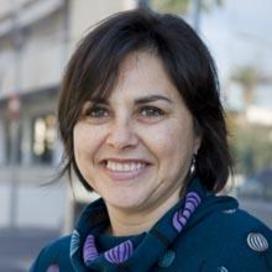 Carmen Fernández Associate Research Professor
Carmen Fernández Associate Research Professor






